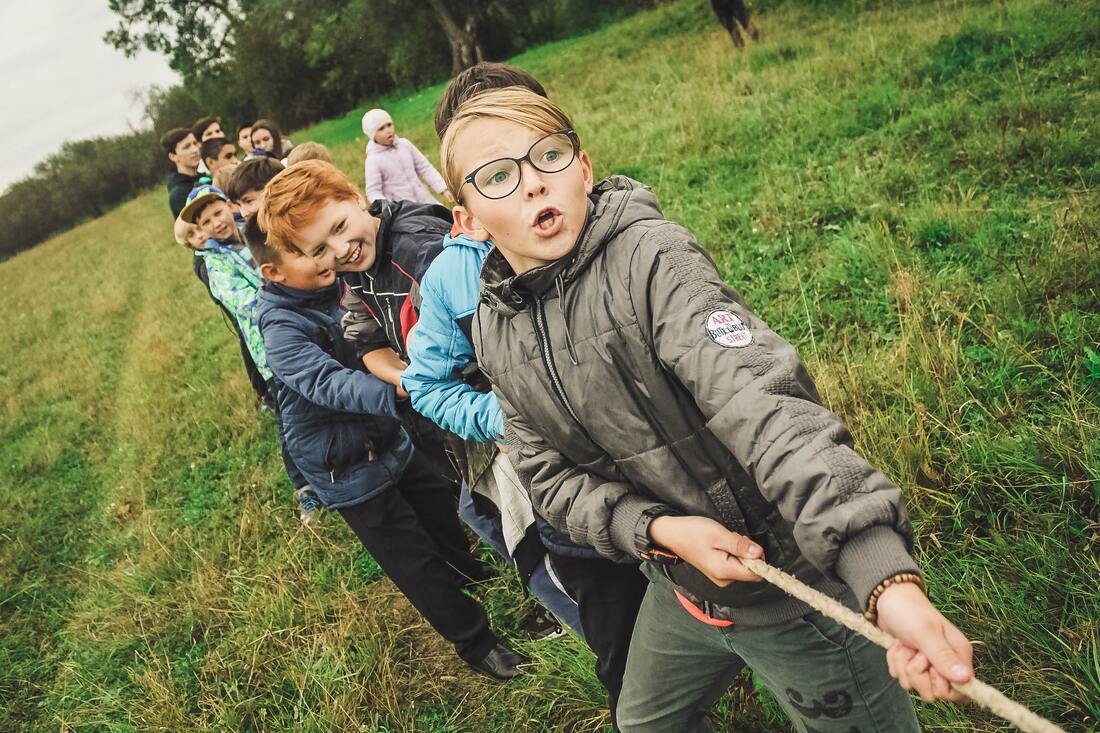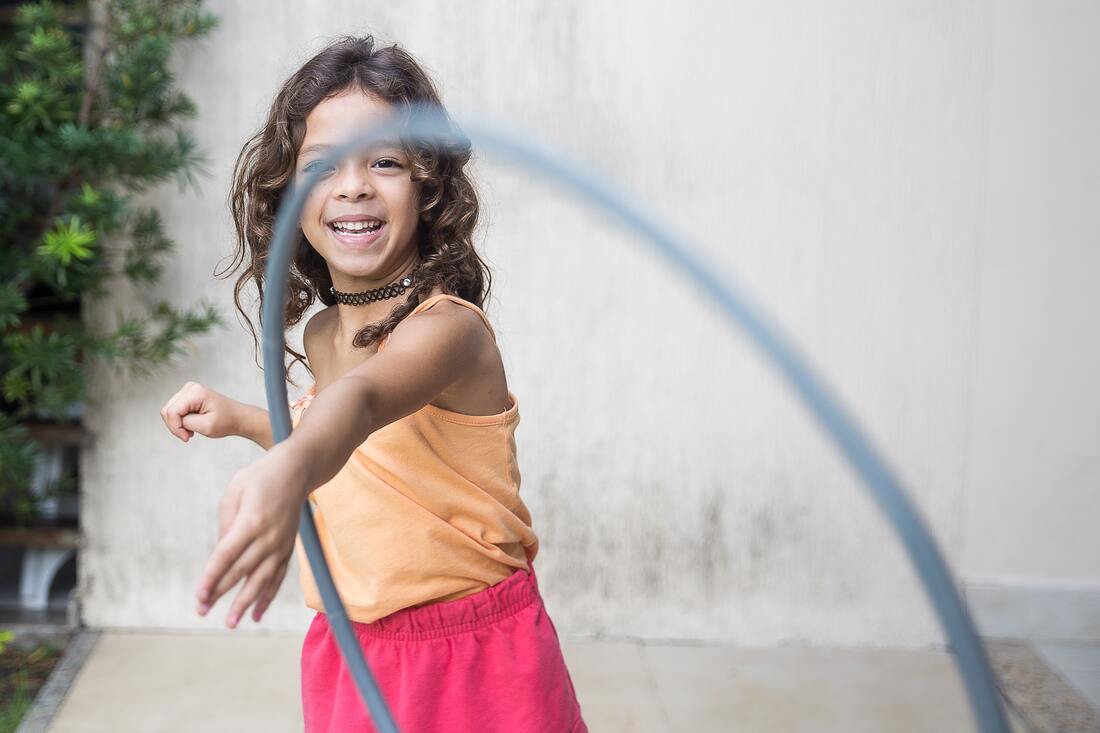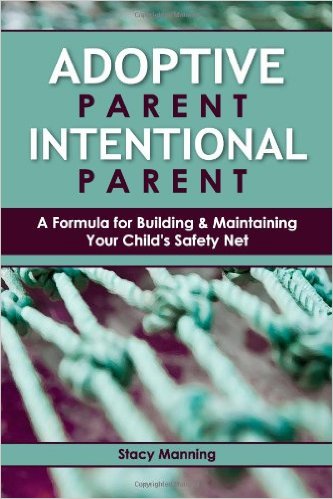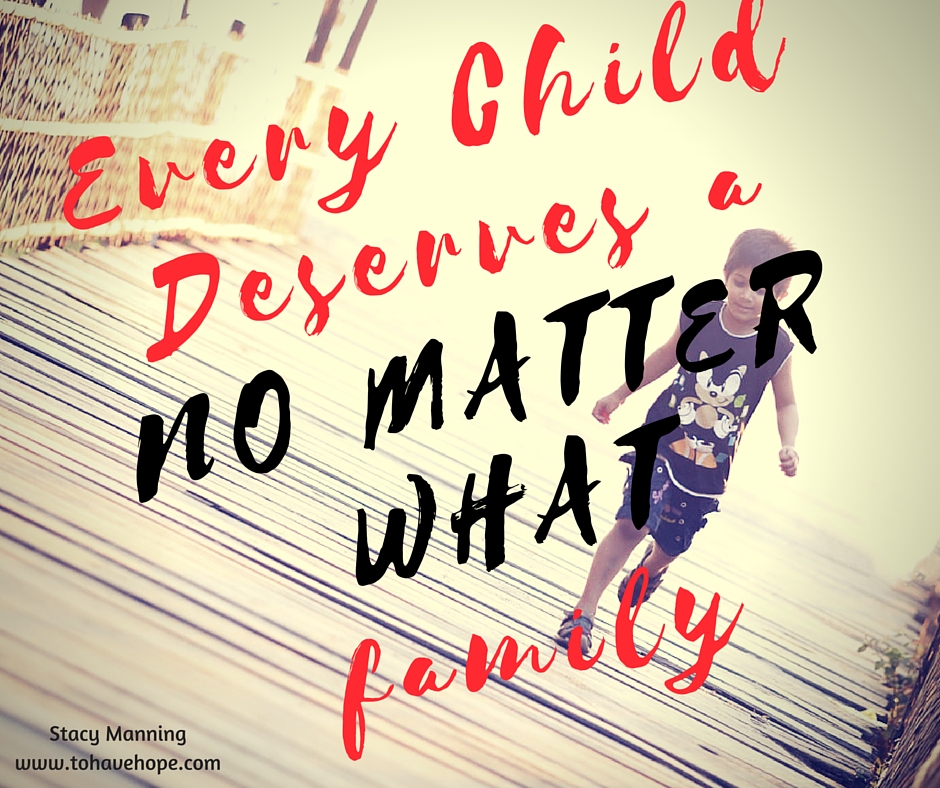|
Growth mindset in children is a concept that is becoming more popular...in schools and with parents. It is the understanding that the brain can grow and change versus a fixed mindset that is predetermined and is set in stone, no matter what you do. Basically, it is how you face challenges and set-backs. Growth mindset in children can empower them and greatly impact their success and happiness. This concept of growth mindset in children was coined by Stanford University Professor Carol Dweck. After decades of research, she discovered the ground-breaking idea of the power of mindset. She sheds light on the concept in her book, Mindset: The New Psychology of Success, and shows how success in school, work, and life can be dramatically influenced by mindset. Research in neuroscience has shown that the brain is actually even more malleable than previously thought. Your experiences can impact the connections between neurons in the brain. What does that mean for your adopted or foster child? It actually is good news. New neuron pathways can be made and existing ones can become stronger. In an interview with The Atlantic, Carol Dweck talks about the difference of a fixed mindset versus a growth mindset in children. "When students had more of a fixed mindset—the idea that abilities are carved in stone, that you have a certain amount and that’s that—they saw challenges as risky. They could fail, and their basic abilities would be called into question. When they hit obstacles, setbacks, or criticism, this was just more proof that they didn’t have the abilities that they cherished. What does Fixed Mindset and Growth Mindset in Children Look Like:
For children who’ve been impacted by trauma, a fixed mindset is fairly common. They may falsely believe that things just happen to them, that they don’t have the ability or the power to change things. That what they do and how they think impacts their lives. Now the question…how do you foster a growth mindset in children? 7 Ways to Encourage Growth Mindset in Children1. Tell your child (over and over) that brain can get stronger. Talk about how the brain can work like a muscle. The more you use it, just like exercise, the stronger it gets. 2. Embrace mistakes. Mistakes are okay. In fact, that’s where learning really happens. You may have heard the phrase “you win or you learn.” That mindset is one to model and to speak out loud. When you make a mistake, talk about it and share what you learned. When your child makes a mistake, don’t criticize. Steer the conversation to what was learned. And remind your child that mistakes are opportunities to learn. 3. Teach your child the Power of Yet. Adding one little word on the end of a sentence sends a powerful message. “I don’t know how to do that” is very different than “I don’t know how to do that yet.” Yet sends the message that I will be able to do that or that I can learn how to do that. 4. Praise…but be specific Instead of praising a general statement such as "you are smart" or "you did a good job", be specific. "You studied hard for your test." "You were persistent, and kept trying even when it was challenging." "You found a new way to solve the math problem." Specific praise shows that the effort was noticed, not just the result. 5. Be a role model You know, walk the walk and talk the talk. Use growth mindset concepts and language in what you do and say. Our children are watching and listening, and often that can be the easiest way for them to learn these concepts. And..an added benefit is that a growth mindset is good for you too! 6. Have your child set S.M.A.R.T. Goals S.M.A.R.T. is an acronym that works good for goal settign S.M.A.R.T Goals are:
Journaling can be a great tool for growth mindset. We really like the ones at Big Life Journals. Journaling, along with positive affirmations, give a place for learning and practicing growth mindset in children. Growth mindset is a process. It doesn't just happen. It takes teaching, encouraging, and practicing. But...it is worth the effort. It can directly impact your child's learning, success, and happiness.
1 Comment
|
Categories
All
Archives
February 2020
|






 RSS Feed
RSS Feed